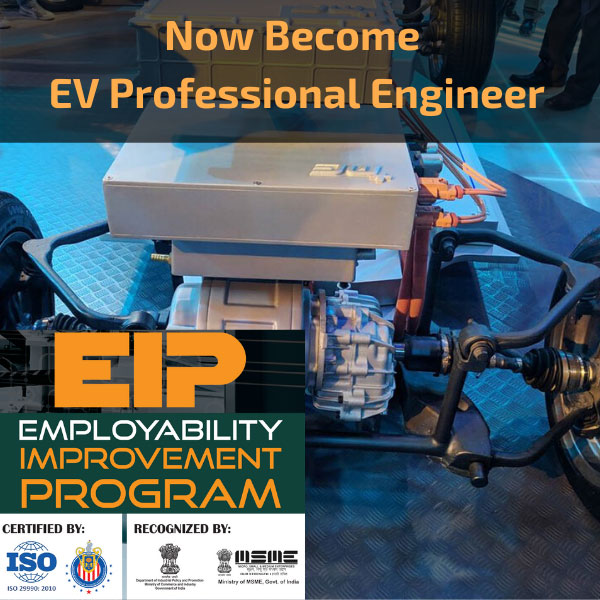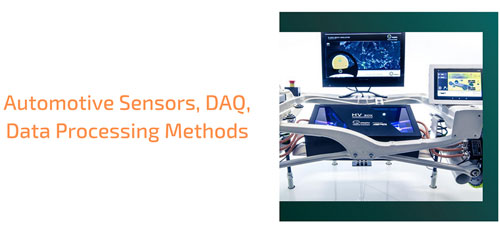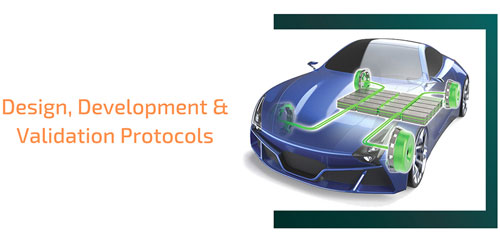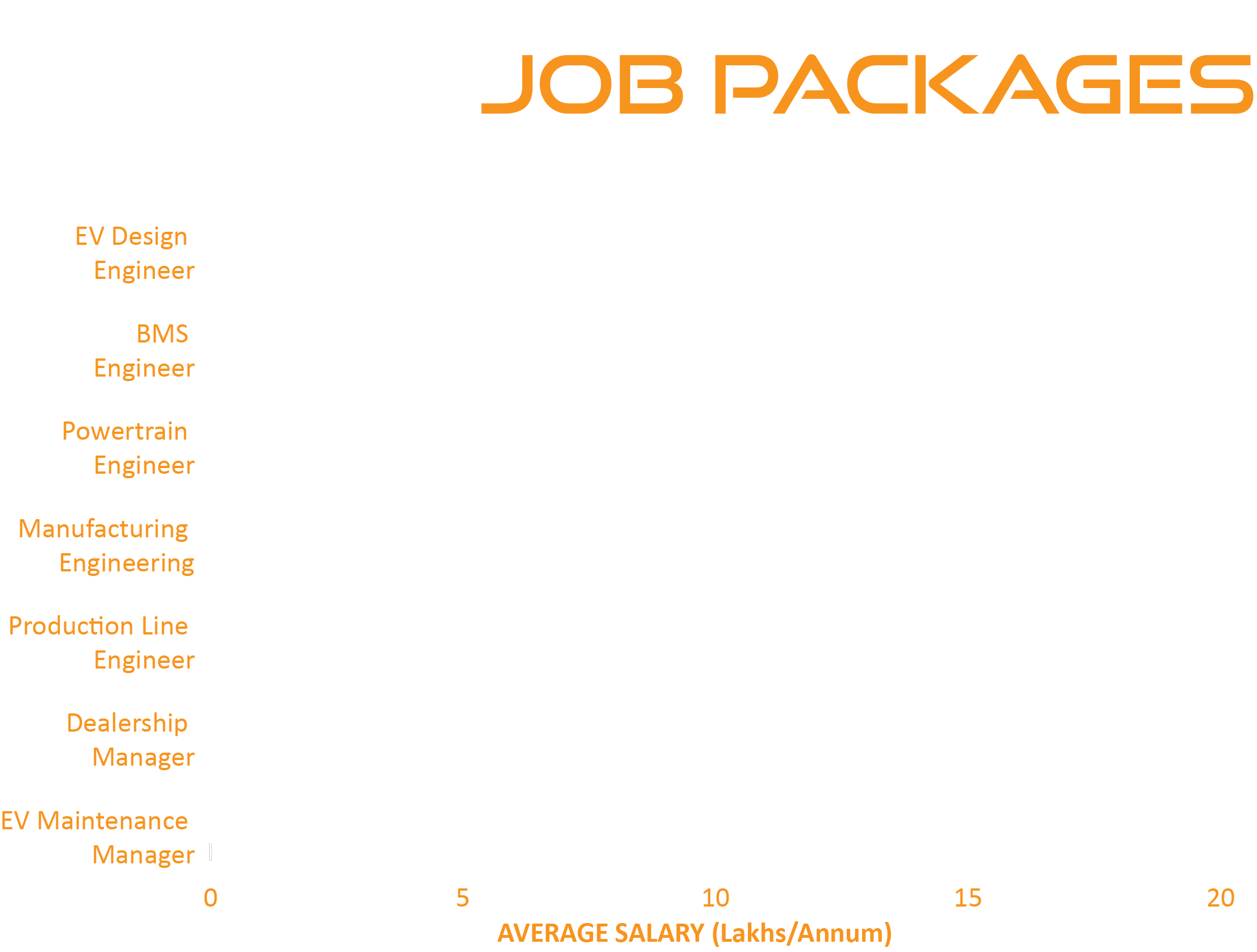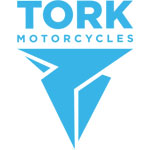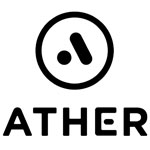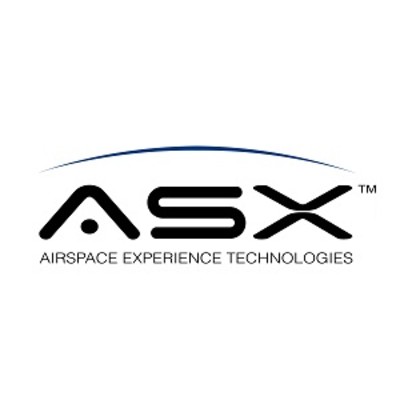Employability Improvement Program (EIP) in
Powertrain and Embedded Systems in Electric Vehicle Technology
Become a professional Electric Vehicle Engineer and learn how to design, develop, test and troubleshoot the powertrain systems of EVs and deploy application-based projects in Lithium Battery, BMS, ECU, DAQ, CAN 2.0 and more.
Get Started
4 months of hybrid learning mode (2 months online & 2 months offline)
Eligibility Criteria - 0-2 years of work experience

